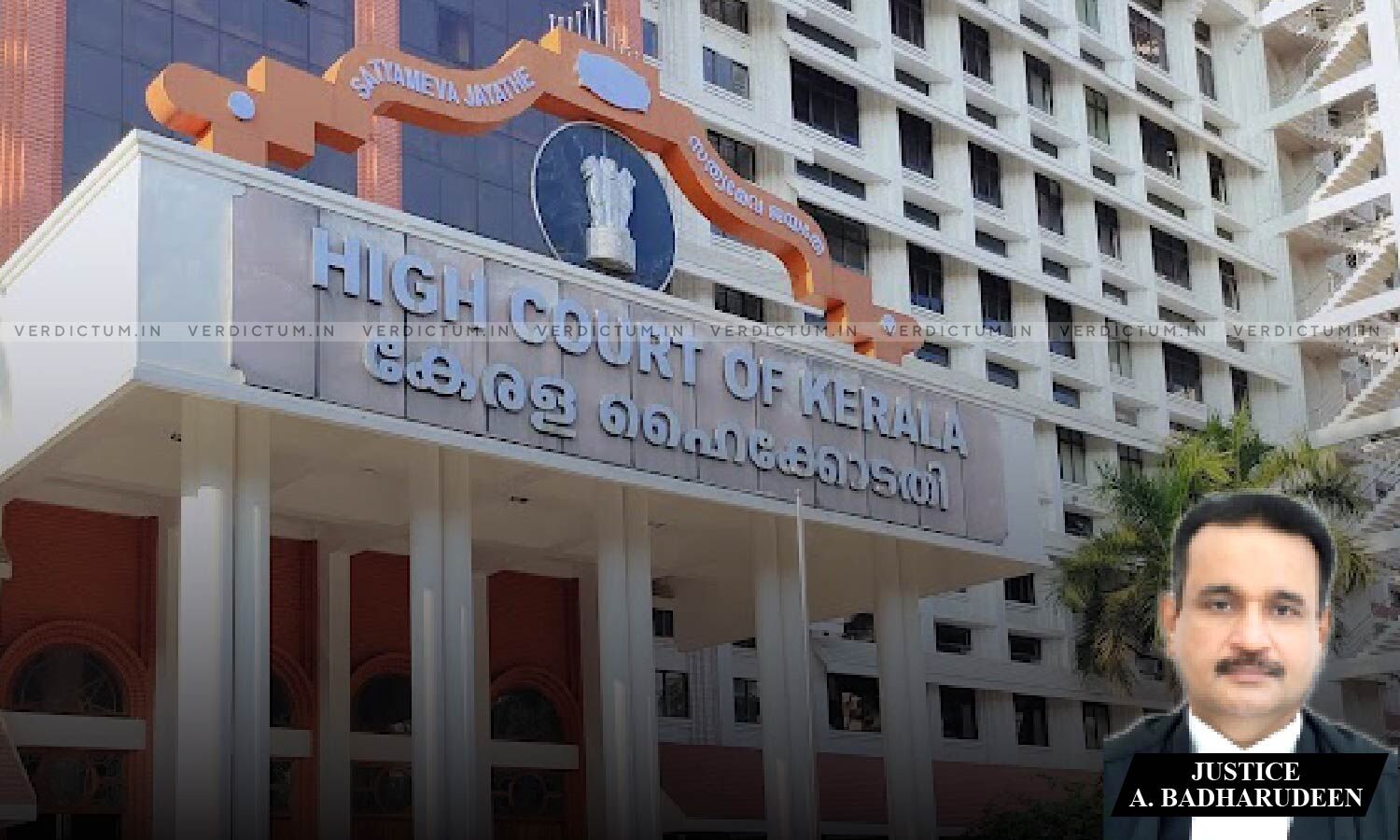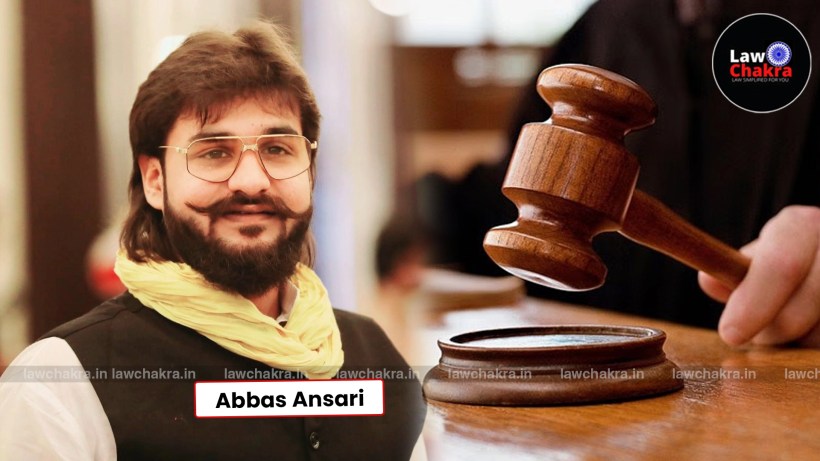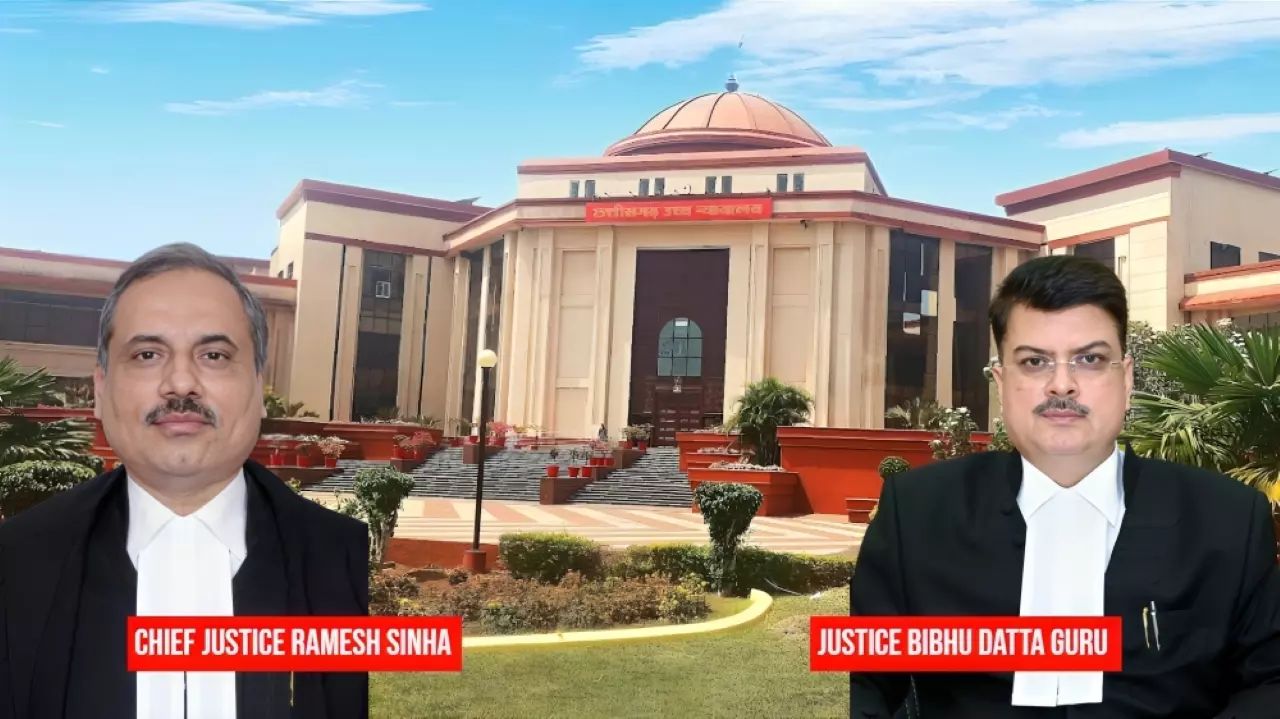Manager In His Individual Capacity Cannot File Cheque Bounce Complaint When Money Was Due To Firm: Kerala High Court

The Kerala High Court has upheld the order of the Trial Court acquitting the accused in a case of cheque bounce where the Manager in his individual capacity launched prosecution against the accused alleging commission of the offence punishable under Section 138 of the N.I Act when the money was due to the firm and not to him.
The High Court was considering a petition filed by the complainant, Branch Manager of the company Kerala Roadways, challenging the judgment on the files of Judicial Magistrate of First Class Court.
The Single Bench of Justice A. Badharudeen said, “In the instant case, Ramachandran in his individual capacity launched prosecution against the accused alleging commission of the offence punishable under Section 138 of the N.I Act, where the money is due to the firm and not to him. If so, the prosecution is defective and not as mandated by law. Therefore, the trial court rightly found that the complainant’s case would not succeed and the said finding of the trial court is only to be justified.”
Advocate M.Shaju Purushothaman represented the Petitioner while Advocate P.Venugopal represented the Respondent.
Factual Background
The complainant had filed a complaint before the Judicial Magistrate of First Class pursuant to dishonor of a cheque for Rs 65,000 issued in favor of Kerala Roadways Ltd., by the accused. The trial court took cognisance for the offence punishable under Section 138 of the Negotiable Instruments Act (N.I Act) and proceeded with trial. The trial court acquitted the accused on the grounds that there was no legal notice within the stipulated period, and the cheque was issued towards the money due towards Kerala Roadways Limited and not pertaining to any personal liability of the complainant. Aggrieved thereby, the complainant approached the High Court.
Reasoning
The Bench referred to the provisions of the NI Act and explained that the persons entitled to lodge a complaint alleging commission of an offence under Section 138 of the N.I Act are the Payee and the holder in due course. “On a combined reading of Section 142(a) r/w Sections 7 to 9 of the N.I Act, competent person to make a complaint alleging commission of offence punishable under Section 138 of the N.I Act is the `payee’ or `the holder in due course’ of the cheque. Payee is the person named in the instrument”, it said.
It was further noted that the consideration of the cheque was due to Kerala Roadways Ltd. The Bench further explained, “The legal position is so clear that when a cheque is issued by a person in favour of a firm, company or concern, the `payee’ thereof is the firm, company or concern and the holder in due course is also the firm, company or concern, when the firm or company or concern alone is entitled to receive the money, i.e. the possessor of the cheque legally is entitled to get the consideration. When an authorised officer representing the company is doing such exercise the same is for and on behalf of the firm, company or concern and not on his personal capacity. Therefore, in such cases in order to succeed a prosecution alleging commission of offence punishable under Section 138 of the N.I Act, when a cheque issued in favour of the firm, company or concern was dishonoured, the firm, company or concern must be the complainant being `payee’ or `the holder in due course’, though the firm, company or concern can be represented by an officer, who is legally authorised to represent the firm, company or concern, after arraying the firm, company or concern as the complainant. The only exemption is in the case of a proprietory concern, ie. a sole proprietorship, where the proprietor can lodge complaint being the payer of the cheque.”
As per the Bench, Ramachandran in his individual capacity couldn’t launch prosecution against the accused when the money was due to the firm and not to him. The Bench was of the view that the prosecution was defective and the trial court rightly found that the complainant’s case would not succeed.
Thus, the Court dismissed the appeal.
Cause Title: K. Ramachandran v. Gopi, S/O Kelu (Case No.: CRL.A NO. 968 OF 2007)
Appearance
Petitioner: Advocate M. Shaju Purushothaman
Respondent: Advocate P. Venugopal, Public Prosecutor Sheeba Thomas





